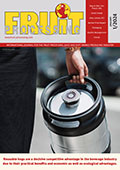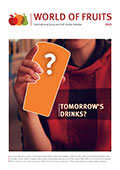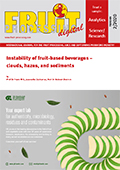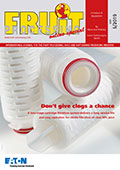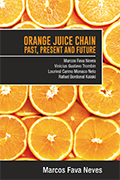JBT launches breakthrough solution for pouch packaging
New system will enable companies to substantially improve capacity and operational performance, dramatically cutting rejection rates in the process JBT Corporation has announced the launch of a new solution for filling flexible pouches commonly used in the infant nutrition and sports drinks categories…
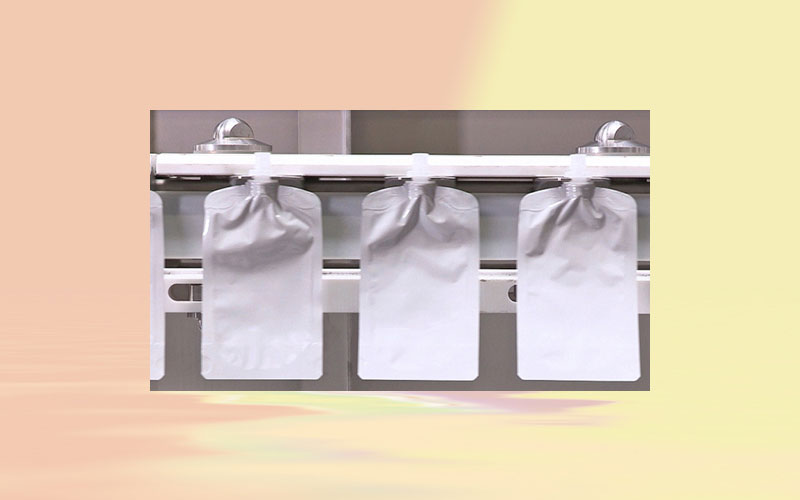
New system will enable companies to substantially improve capacity and operational performance, dramatically cutting rejection rates in the process JBT Corporation has announced the launch of a new solution for filling flexible pouches commonly used in the infant nutrition and sports drinks categories, which could spark further market growth for the sector. The JBT AsepFlex™ Linear Pouch Filler has been developed to overcome problems associated with current pouch packaging, including a high rejection rate and low capacity.
The market of flexible packaging is growing, with pouches becoming the preferred option for processors and consumers thanks to their non-breakable, lightweight, easy to open, and easy to empty (squeezable) characteristics. In the infant nutrition category flexible pouches are expected to grow their market share by 10 % each year.
However, growth in the category has been restricted by limits to current pouch filling technology. The two existing shelf stable pouch solutions both suffer from significant drawbacks. Solutions using an aseptic form fill seal typically have a low capacity and a high Total Cost of Ownership (TCO) due to a high rejection rate. Hot fill with retort sterilization solutions, meanwhile, often have low (120 ppm) capacity and low product quality.
The JBT AsepFlex Linear Pouch Filler has been developed to solve the problems with these existing solutions by substantially improving capacity and operational performance. With a capacity as high as 500 ppm – or 30,000 pouches per hour – the fully aseptic solution is designed in accordance with the FDA guidelines for low acid aseptically filled food products and can achieve an impressive operational performance, with a 95 % efficiency rate and a typical reject rate of only 0.5 %.
JBT Product Manager, Bert Krakers, said: “Apart from capacity and aseptic integrity, the AsepFlex Filler offers flexibility. Pouch formats and sizes can be changed on the fly without the necessity to change parts.”
The filling system, he explained, can fill a wide range of products from water-like liquids through to high viscous products, such as smoothies with particulates. It can also be equipped with a nitrogen dosing system to reduce the oxygen in the headspace of the pouch, which limits the chemical deterioration (oxidation) of the product, helping maximize product shelf life in the process.
The JBT AsepFlex Filler has been designed for use with infant nutrition products, such as fruit and vegetable purees, and ready-to-drink baby food, as well as sports and breakfast drinks ‘on-the-go’, and nutraceutical products. A first AsepFlex filling unit in Europe has recently been supplied to a leading specialist in infant nutrition.



